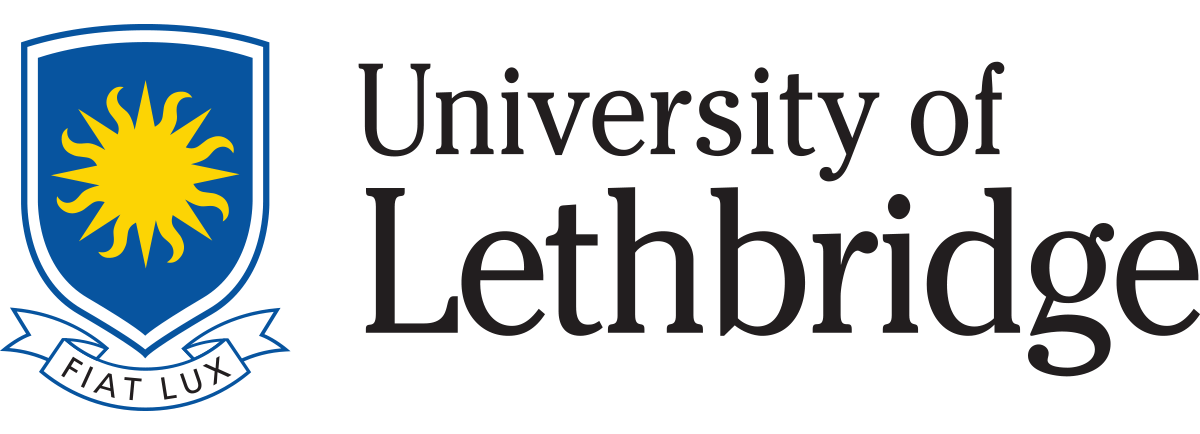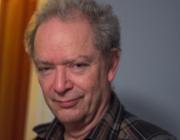I think can be described as an environmentalist, but I realized some time ago that I like human civilization. I like the fact that I have a comfortable home (even though there is always something that needs fixing). I like the fact that I and others I love are alive today because we've had the benefit of highly sophisticated medical technology, and I like the fact that I and others have the time and resources to try to better understand this peculiar universe we live in. But I also grieve at the destruction that we humans have wrought in the natural world. I grieve, for instance, that the little creek near where I grew up in a small town in Southern Ontario sixty years ago, a mysterious shady haven of life full of exotic water plants, water-striders, minnows, and crayfish, was long ago turned into an open sewer. Did that have to happen? Can we live on this living world in a humane and dignified way that allows us to fulfill our huge creative potential, without utterly destroying everything that is beautiful in it? Unlike some thinkers (such as John Livingstone) I am not ready to conclude that H. sapiens is an evolutionary mistake, a "rogue primate" as he put it in a powerful book of that name. However, I know well that our record is not good.
I also know that our prognosis is most uncertain. The recent coronavirus pandemic, still not resolved as I write this (April 4, 2020), is a painful reminder that our complex global culture hangs from a thread, or perhaps a few threads. I want to keep the lights on and protect the minnows and water bugs at the same time. Can this be done? I try to direct much of what intellectual energy I have left to answering this question.


